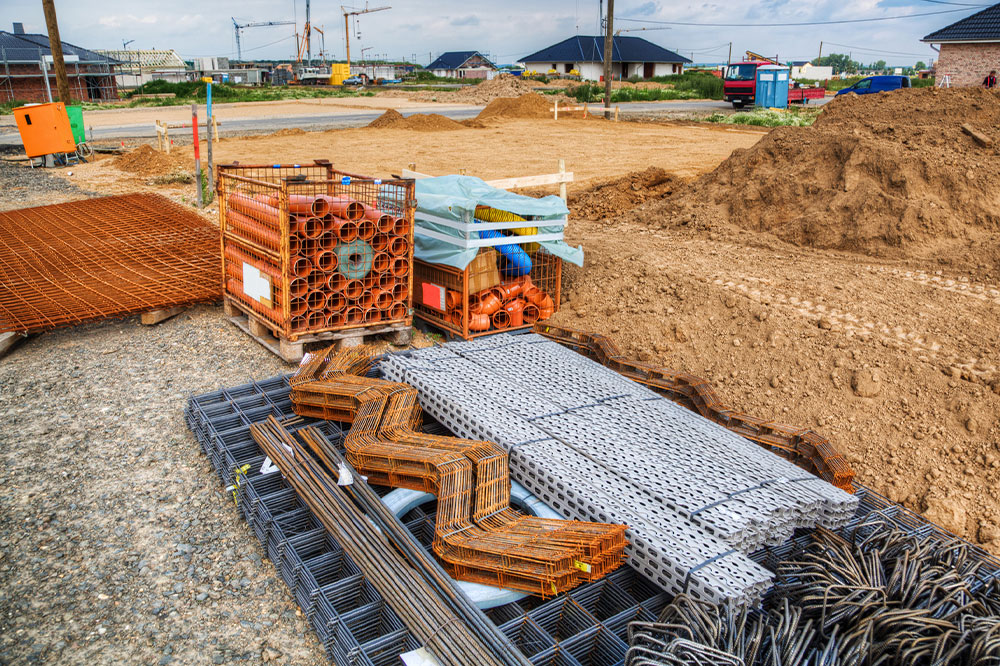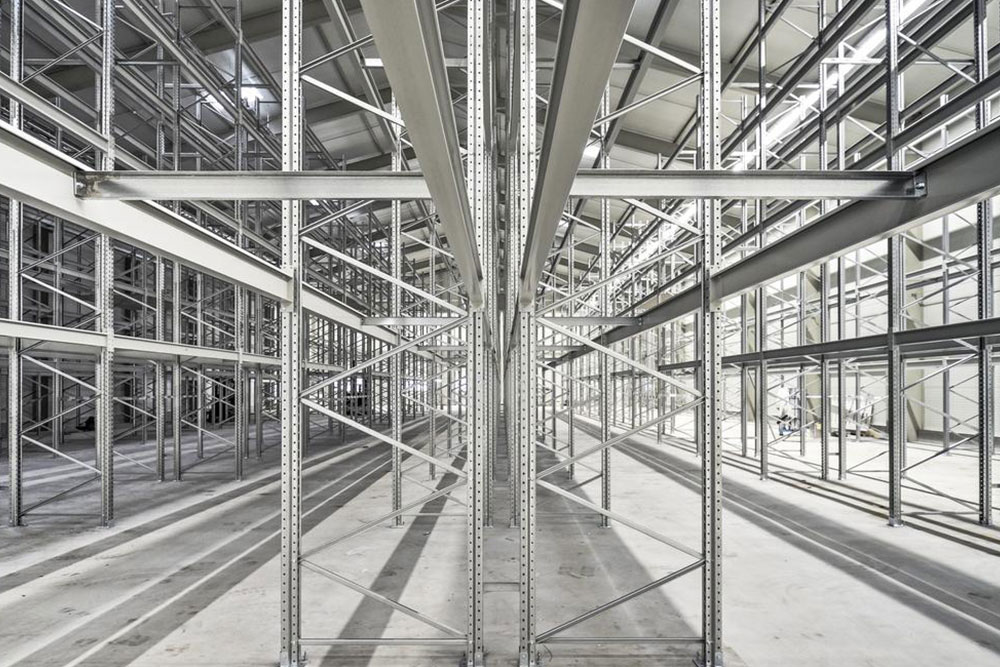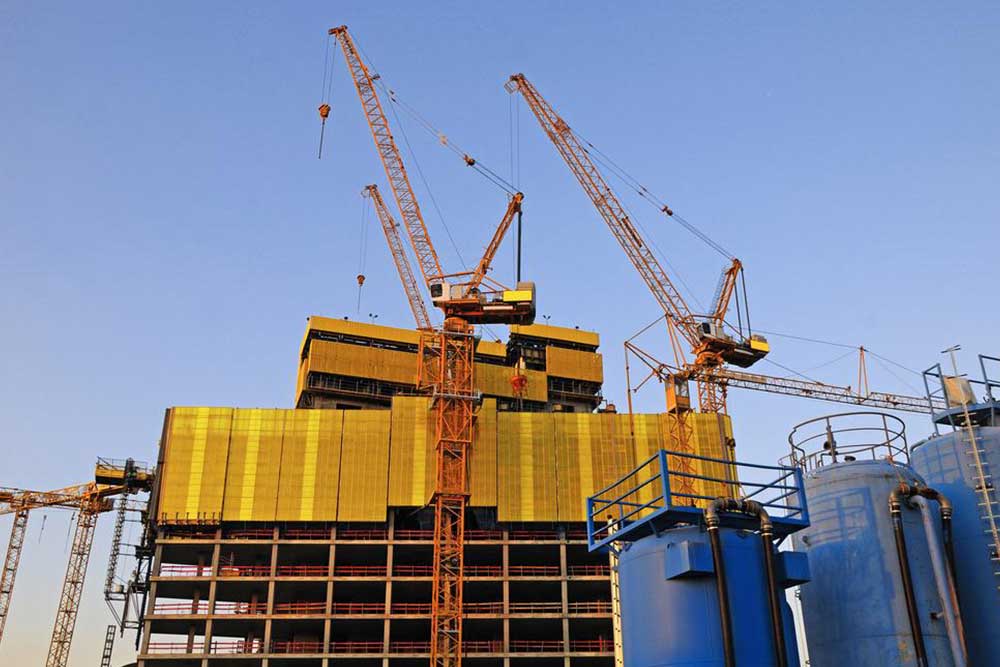Top 8 Essential Building Materials for Construction Projects
This article explores the top eight essential building materials, highlighting their uses and benefits in construction. It provides valuable insights for professionals and DIY enthusiasts alike, emphasizing quality and durability for long-lasting structures.

Overview of Eight Key Building Materials
The construction sector's revenue in 2020 exceeded $368 billion, reflecting the rising demand for residential, commercial, and infrastructural developments. Different projects require a variety of materials, which vary based on design and purpose. Here's a list of the most frequently used building supplies in the industry.
Concrete
Concrete, a staple in construction, is primarily used for foundations, bridges, and buildings. Made from aggregates combined with water and other binders, it requires approximately a week to cure. Reinforced concrete, embedded with steel, enhances structural strength. Its versatility allows it to be poured into diverse shapes, solidifying once set.
Steel
Derived from iron alloys, steel is an affordable and durable building material. It forms the backbone of modern structures like skyscrapers. When installed correctly, it resists deformation and corrosion. Steel is utilized in frameworks, roofing components, and interior fittings like stairs and railings.
Wood
As one of the oldest construction materials, wood offers durability and flexibility for shaping. It complements other materials such as steel and stone, making it ideal for insulation, doors, windows, floors, and wall finishes. Its ease of use and aesthetic appeal make it a preferred choice for many applications.
Stone
Renowned for longevity, stone remains a durable building material with historical significance. It can have smooth or textured surfaces and is used for walls, flooring, and countertops. Common varieties include marble, granite, and sandstone. In construction, it also serves as ballast and outer wall damp proofing material.
Bricks
Recognizable by their rectangular shape, bricks are used for walls and foundations. Traditionally made from clay, modern bricks are often concrete blocks reinforced with steel. Their strength makes them suitable for load-bearing structures.
Plastic
Various plastics, including PET, polystyrene, and PVC, are used in construction for pipes, cables, panels, and sheets. Resilient and heat-resistant, plastics offer affordability and recyclability, making them versatile for different building needs.
Glass
Used extensively for windows and decorative façades, glass allows natural light into buildings. In high-rise structures, it enhances aesthetics and functionality, often integrated into roof designs as well.
Mortar
This adhesive mixture, typically made from sand, water, and Portland cement, secures bricks and stones and seals gaps. The most common type is OPC mortar, providing stability and durability to masonry works.
These materials are fundamental to construction, but choosing high-quality options ensures longevity and safety. Always consult with professionals about materials and their expected lifespan to minimize future repair costs.









